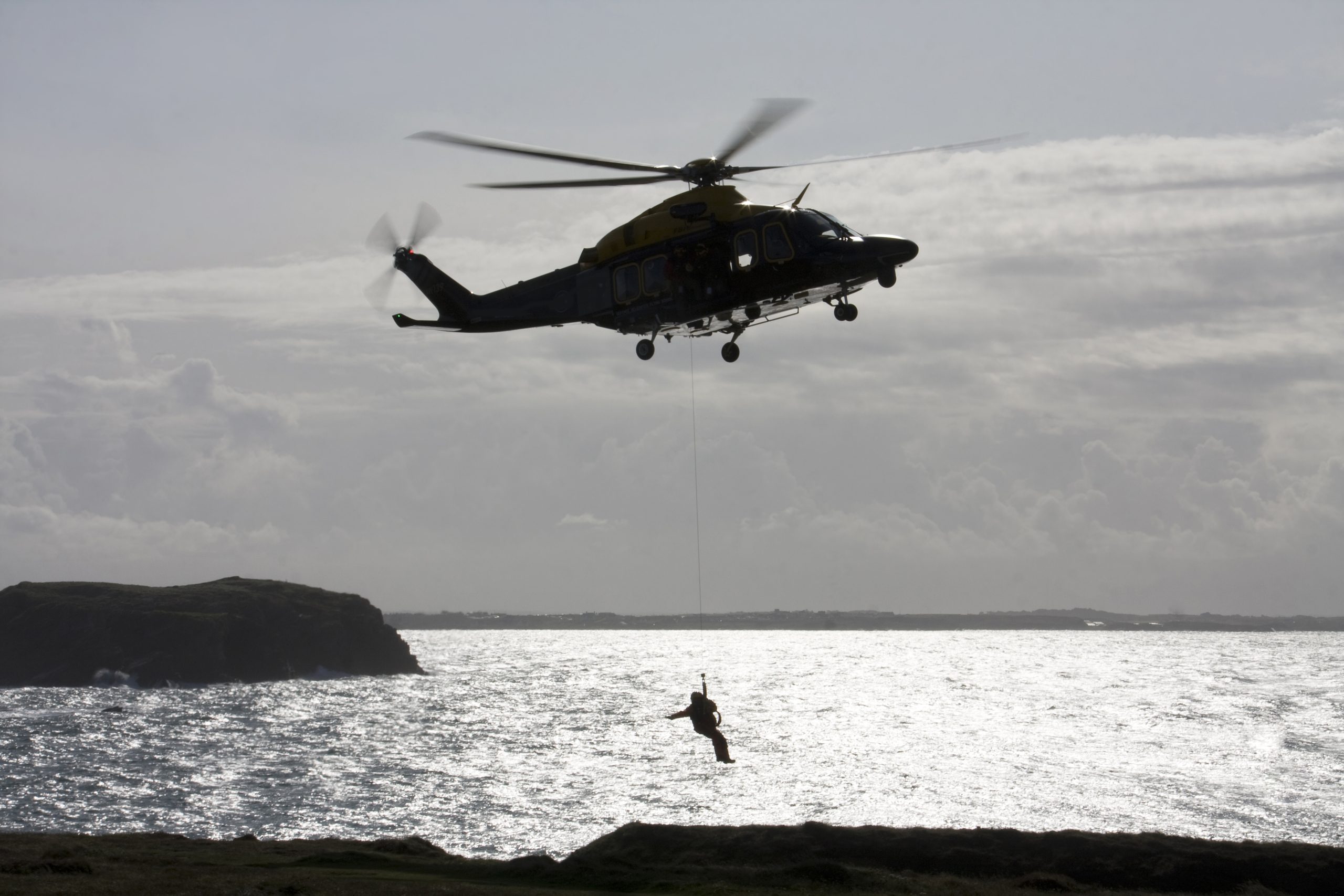INSIGHT: Rotorhub interviews LCI’s Nigel Leishman “Helicopter Lessors in Asia 2018”
Helicopter lessors took significant strides in Asia in 2018: LCI’s Nigel Leishman interviewed by Rotorhub

Helicopter lessors took significant strides in Asia in 2018, securing deals across different segments. While there are challenges, companies are seeing vast potential in the region’s highly populated markets which looks to continue into 2019 and beyond.
Lease Corporation International (LCI) secured its first helicopter lease in China in July, placing three new Leonardo AW139 platforms with Shanghai Kingwing Aviation Co for use in EMS work.
While this is the lessor’s first deal in the Chinese market, the company has been active in Asia-Pacific since it entered the helicopter business in 2012, said Nigel Leishman, LCI’s executive VP, who is based in Singapore.
The company is particularly active in Southeast Asia (with leases in Malaysia and Thailand), as well as in Australia, where it has 12 helicopters on lease, including ten for dedicated EMS and air rescue.
Oil and gas is an important market in Asia for medium twin-engine helicopters, as it is across the globe, said Leishman.
However, LCI sees strong opportunities in EMS, particularly in China, though he said the market has yet to mature in the vast Asian country and it will take time to reach its potential.
When LCI first started looking at the Chinese market about six or seven years ago, Leishman said, there were just a handful of dedicated EMS helicopters in the country. Now there are about 50.
While this is huge growth, it is still a relatively small number for a country of around 1.4 billion people.
‘You can see the opportunity there, but it’s going to take time,’ Leishman said, adding that there are still regulatory constraints and it can be difficult to find enough pilots to train and operate the helicopters, among other challenges.
Nevertheless, China is a hugely exciting region for helicopter lessors, Leishman said, in EMS, oil and gas, utilities and other segments. Chinese oil and gas operators are also likely to conduct more international work through the country’s “Belt and Road” initiative, he said, which could create more opportunities for these operators in other parts of the world, such as other Asian countries and Africa.
The maturer markets in the broader Asia-Pacific region remain hugely important, Leishman said, notably Australia and New Zealand, which together soak up almost a third of the total Asian fleet. There is a lot of EMS activity in these countries at the moment, he said, along with activity in other sectors.
‘Clearly, they are a big market, and given the geography of both countries, helicopters are being used quite extensively.’
Other lessors are also targeting China. Waypoint Leasing has been in the Chinese market since 2016, working in EMS and utility, said Philip Stransky, VP, sales & relationship management – Asia/Australia & Pacific.
It shifted its Asian headquarters from Singapore to Hong Kong at the beginning of the year; this brought closer proximity to the burgeoning Chinese market, while still being relatively convenient for Malaysia and other southeast Asian nations, said Stransky.
‘We were repositioning ourselves with regards to the client base we have and the growth we’re expecting,’ Stransky told Shephard.
The past year was a strong one in Asia for the lessors, said Stransky, due partly to a number of large projects, many of these based in China. He said that while oil and gas has been relatively stable, the EMS segment has been growing, in China particularly.
However, the country’s market is complex and requires a great deal of time and resources, he added. Waypoint has been active in a number of other countries in the region, Stransky said, pointing to its entry to the Taiwanese market in July, when it delivered three Leonardo AW169 helicopters to Emerald Pacific Airlines for use in EMS and other missions.
Additionally, the company has placed helicopters in Papua New Guinea, Malaysia, and Australia, he added.
While EMS is a focus for a number of operators, ‘you cannot discount oil and gas’, Stransky said. That market could quickly increase in demand, he said.
‘A number of countries could enter growth mode and need to produce more, and you could see more tenders happening overnight,’ he said. ‘It’s the same all over the world.’
Stransky also highlighted a number of potential growth markets in the coming years, notably windfarms. There could be opportunities in this sector in Asia, he said, though this will be in the longer term.
Lobo Leasing has part of its leased fleet of helicopters in Asia, said Mark Kelly, managing director and chief commercial officer, with the company mainly active in the Gulf of Thailand. It sees potential ‘right across’ the continent over the next five to ten years, he added, particularly in India and China.
‘We are currently bidding for leasing contracts in the region,’ Kelly told Shephard, adding that some Asian countries will likely be the largest leasing markets in the future.
There is a great deal of opportunity in Asia, said Stransky. This comes with some risk, he said, ‘but we’re in the business of analysing risk. It’s been an exciting year for the region, and next year will likely be equally exciting’.